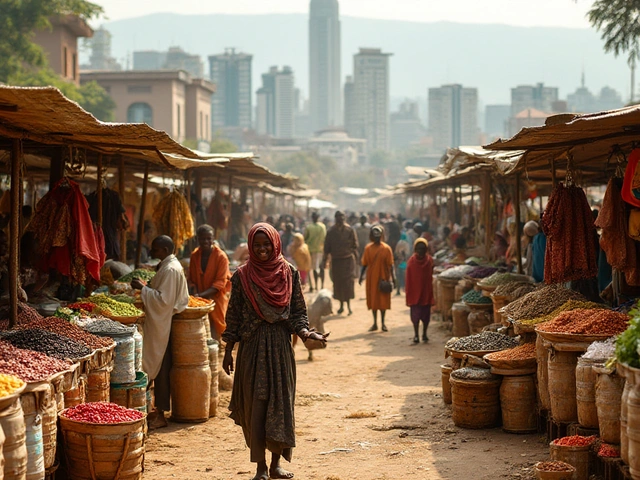Nursing Wages in Ethiopia: Real Numbers and Smart Advice
Ever wondered what Ethiopian nurses actually make each month? If you’re training to be a nurse, already working in the field, or just want the facts before making a career move, understanding nursing wages in Ethiopia is essential. The pay for nurses isn’t set in stone—it swings based on your location, experience, education, and who hires you.
In urban areas like Addis Ababa, hospitals tend to pay more than rural clinics. Nurses with extra training or specialized skills often see higher paychecks than those just starting out. Public sector jobs offer a stable salary but sometimes lag behind private hospitals, clinics, or international NGOs, which may pay more to attract experienced staff.
So, what’s a typical salary? New nurses in government hospitals commonly earn around 4,000 to 6,000 ETB each month. Move to a private facility or an international NGO and you could see this figure double. Experienced nurses, especially those with management responsibilities or specialized roles (ICU, surgery, etc.), can bring home upwards of 10,000 ETB or more monthly. Compared to pharmacists or teachers, nursing pay usually sits somewhere in the middle—not the highest, but not at the bottom either.
But pay is just part of the story. The cost of living matters a lot. For nurses renting a flat in Addis Ababa, most of their salary will go to basics like housing and transportation. Lower pay in rural areas is often balanced by lower living expenses. Nurses also sometimes receive stipends for meals, uniforms, or housing—especially if they work long shifts or are posted away from home.
Looking to boost your income as a nurse in Ethiopia? Consider private home care jobs, working extra shifts, or picking up short-term contracts with aid organizations. Expanding your education—like getting a specialty certificate or moving into hospital administration—can open doors to higher wages.
If you’re weighing career options and want job security, nursing still ranks as one of the steadiest choices in the healthcare sector here. Public health campaigns, hospitals, and clinics are always looking for trained staff. Plus, the rise in private healthcare means new opportunities keep popping up, especially in big cities.
For folks moving from abroad or returning from overseas, nurse registration and recognition of qualifications is a must. Make sure your documents are in order and ask about how your experience translates to local pay scales.
Nursing pay isn’t just numbers—it’s about what you get for your work, your growth potential, and your ability to build a stable life in Ethiopia. If practical advice, straight talk, and real figures are what you need, keep these points in mind and you’ll understand exactly what to expect as a nurse on the ground.





